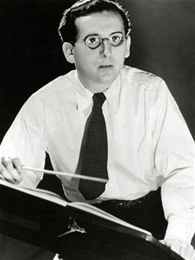
Franz Waxman was a German-born composer and conductor of Jewish descent, known primarily for his work in the film music genre. His film scores include Bride of Frankenstein, Rebecca, Sunset Boulevard, A Place in the Sun, Stalag 17, Rear Window, Peyton Place, The Nun's Story, and Taras Bulba. He received twelve Academy Award nominations, and won two Oscars in consecutive years. He also received a Golden Globe Award for the former film. Bernard Herrmann said that the score for Taras Bulba was "the score of a lifetime."

Jerome Irving Wald was an American screenwriter and a producer of films and radio programs.
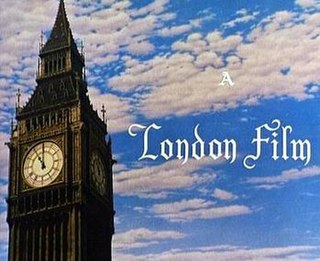
London Films Productions is a British film and television production company founded in 1932 by Alexander Korda and from 1936 based at Denham Film Studios in Buckinghamshire, near London. The company's productions included The Private Life of Henry VIII (1933), Things to Come (1936), Rembrandt (1936), and The Four Feathers (1939). The facility at Denham was taken over in 1939 by Rank and merged with Pinewood to form D & P Studios. The outbreak of war necessitated that The Thief of Bagdad (1940) be completed in California, although Korda's handful of American-made films still displayed Big Ben as their opening corporate logo.

George S. Barnes, A.S.C. was an American cinematographer active from the era of silent films to the early 1950s.
Heinz Roemheld was an American composer.
Cyril John Mockridge was an English film and television composer. He received professional training at the Royal Academy of Music in London. In the early 1930s, Mockridge went to Hollywood where he scored and arranged the music for more than a hundred films including Cheaper by the Dozen, River of No Return and The Man Who Shot Liberty Valance.
Royden Denslow Webb was an American film music composer. One of the charter members of ASCAP, Webb has hundreds of film music credits to his name, mainly with RKO Pictures. He is best known for film noir and horror film scores, in particular for the films of Val Lewton.

Hugo Wilhelm Friedhofer was an American composer and cellist best known for his motion picture scores.
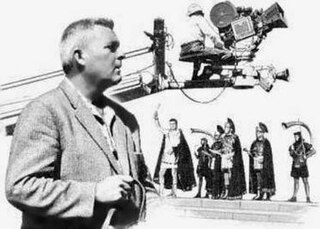
Russell Metty, A.S.C. was an American cinematographer who won the Academy Award for Best Cinematography, Color, for the 1960 film Spartacus.
Ray Rennahan, A.S.C. was a motion picture cinematographer.
Anthony Vincent Benedictus Collins was a British composer and conductor. He scored around 30 films in the US and the UK between 1937 and 1954, and composed the British light music classic Vanity Fair in 1952. His Decca recordings of the seven Sibelius symphonies was the second cycle by a single conductor and orchestra released.
Herbert Pope Stothart was an American songwriter, arranger, conductor, and composer. He was nominated for twelve Academy Awards and won Best Original Score for The Wizard of Oz. Stothart was widely acknowledged as a prominent member of the top tier of Hollywood composers during the 1930s and 1940s.

Ernest Thurston Hall was an American film, stage and television actor.
Eric John Bryan Pratt, known professionally as John Bryan, was a British art director and film producer.
Leo Frank Forbstein was an American film musical director and orchestra conductor who worked on more than 550 projects during a twenty-year period.
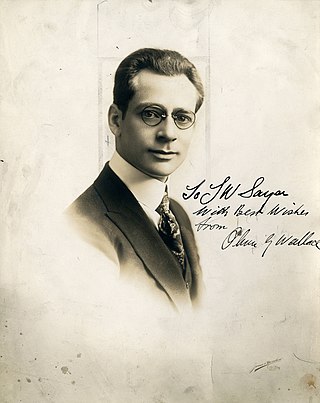
Oliver George Wallace was an English composer and conductor. He was especially known for his film music compositions, which were written for many animation, documentary, and feature films from Walt Disney Studios.
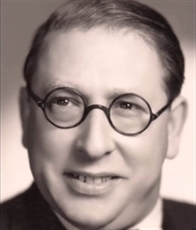
Louis Levy was an English film music director and conductor, who worked in particular on Alfred Hitchcock and Will Hay films. He was born in London and died in Slough, Berkshire.

Charles Previn was an American film composer who was active at Universal in Hollywood during the 1940s and 1950s. Before being based in Hollywood, Previn arranged music for over 100 Broadway productions.
Owen Marks was an English film editor who worked in the US.

Al Clark was a prolific American film editor whose career spanned four decades, most of which was spent at Columbia Pictures. He was nominated for 5 Academy Awards and 1 Emmy during his career. He is credited with editing over 120 films, and towards the end of his career, in the 1960s, he also edited several television series.










